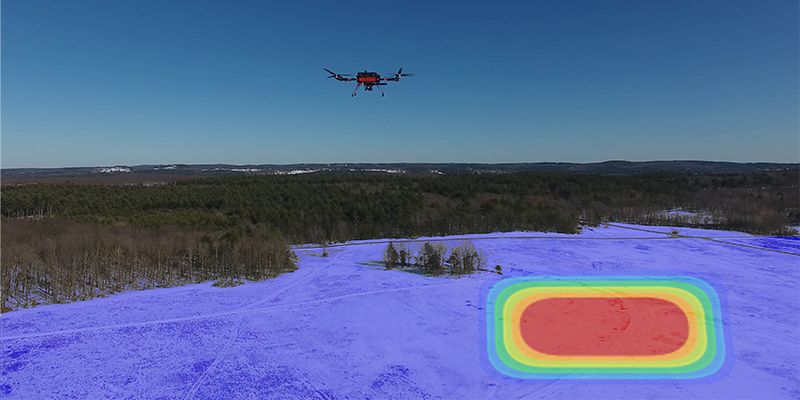Aurora Flight Sciences, a Boeing Company, has received a contract award for the Defense Advanced Research Projects Agency’s (DARPA) Enabling Confidence (EC) program. The goal of this program is to develop scalable methods for incorporating uncertainty from sensors and environments into machine learning (ML) system outputs. This uncertainty is key to combining ML approaches with existing statistics-based estimation methods, such as Kalman Filters. As part of this project, Aurora aims to develop and train a novel ML system for simultaneously generating image-based object detections alongside their associated uncertainties.
Under a subaward for this program, Aurora will collaborate with the MIT Computer Science and Artificial Intelligence Laboratory (CSAIL) to develop a scalable method to generate and maintain accurate statistical models in state-of-the-art deep neural networks for object detection and tracking. The program aims to enable the Department of Defense (DoD) to exploit advances in AI/ML to develop computationally efficient tools for processing and combining information from multiple sources while providing robust performance in mission-relevant tasks and safety-critical applications.
This is Aurora’s fifth award under DARPA’s Artificial Intelligence Exploration (AIE) program, a key component of the agency’s broader artificial intelligence (AI) investment strategy aimed at ensuring the United States maintains an advantage in this critical and rapidly accelerating technology area.
In addition to this new award, Aurora has supported four other projects under the AIE program. These include DARPA’s Intelligent Auto-Generation and Composition of Surrogate Models, Shared-Experience Lifelong Learning (ShELL), Gamebreaker, and Techniques for Machine Vision Disruption (TMVD).


